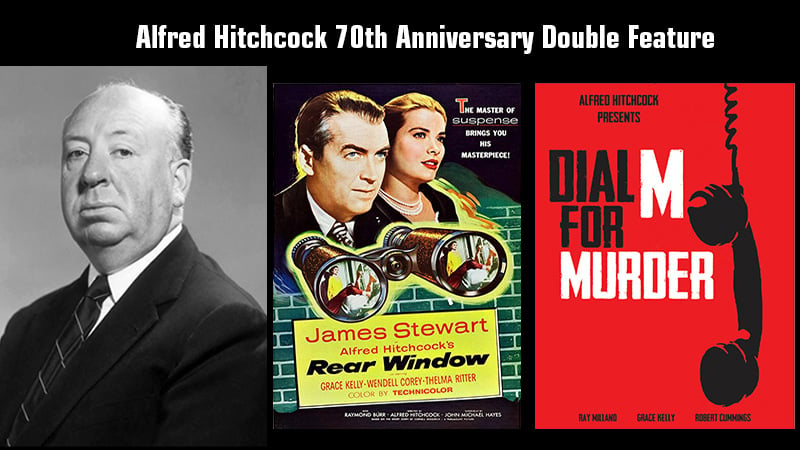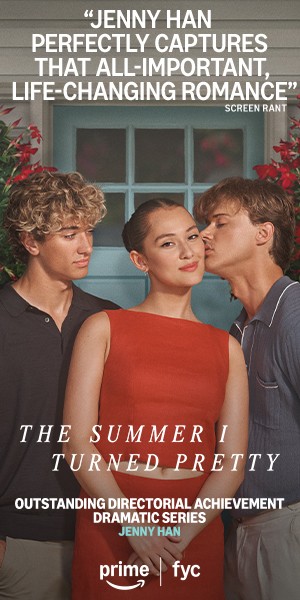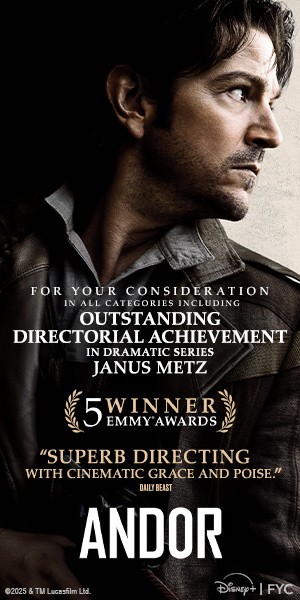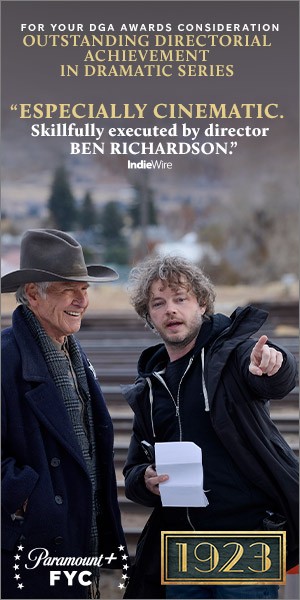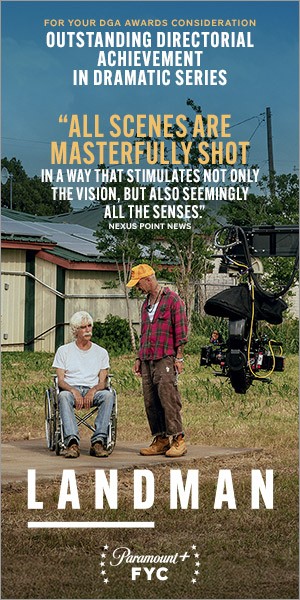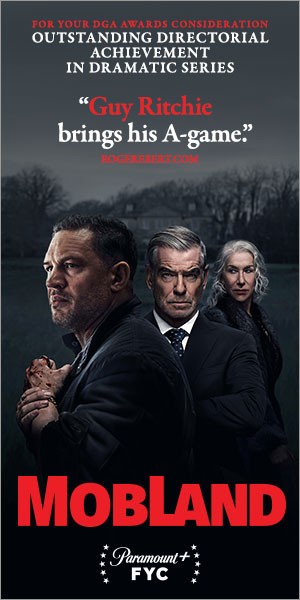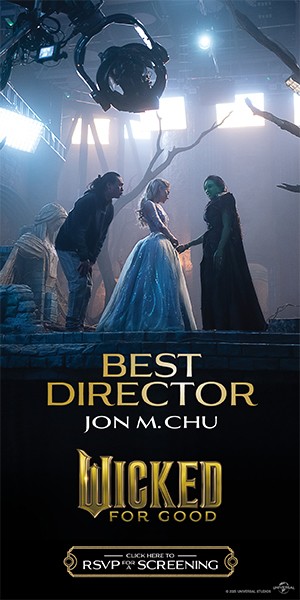On April 14, the Eastern Region Special Projects Committee hosted a 70th Anniversary double feature of Sir Alfred Hitchcock’s classic films Rear Window and Dial M for Murder in the Guild’s New York Theater.
In between the screenings, the Committee held a special panel discussion moderated by Eastern Region Special Projects Committee Chair Raymond De Felitta (Bottom of the 9th, Madoff), where Director Kent Jones (Diane, Hitchcock/Truffaut) and film critic/historian Farran Smith Nehme (New York Post, Criterion) discussed Hitchcock’s lasting legacy on cinema.
Jones highlighted how Hitchcock used emotions to create the visual. “In a pivotal scene in Rear Window, he cuts to a closer point of view that’s not necessarily a person’s point of view, but one that evokes emotion. In Dial M for Murder, Hitchcock uses 3D to emphasize the emotional notes and not just as a visual device.”
Smith Nehme stated that Hitchcock is underrated for his smaller casting choices, noting, “In Rear Window, there was so much to savor from all of the characters in the windows.”
About the Filmmaker
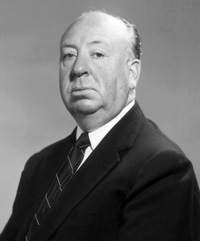 Sir Alfred Joseph Hitchcock KBE (1899-1980) is widely regarded as one of the most influential figures in the history of cinema. After making his directorial debut with the British-German silent film, The Pleasure Garden (1925), his film The Lodger: A Story of the London Fog (1927) helped to shape the thriller genre and his film Blackmail (1929) was the first British "talkie". Known as the "Master of Suspense", his career would span six decades, with over 50 feature films including: Rebecca (1940), Foreign Correspondent (1940), Suspicion (1941), Shadow of a Doubt (1943), Lifeboat (1944), Spellbound (1945), Notorious (1946), Rope (1948), To Catch a Thief (1955), Psycho (1960) and The Birds (1963). He was an eight-time nominee for the DGA Award for Outstanding Directorial Achievement in Motion Pictures for: Strangers on a Train (1951), Dial M for Murder (1954), Rear Window (1954), The Man Who Knew Too Much (1956), The Trouble with Harry (1955), Vertigo (1958), North by Northwest (1959) and Psycho (1960). In 1968, the DGA honored Hitchcock with the Lifetime Achievement Award.
Sir Alfred Joseph Hitchcock KBE (1899-1980) is widely regarded as one of the most influential figures in the history of cinema. After making his directorial debut with the British-German silent film, The Pleasure Garden (1925), his film The Lodger: A Story of the London Fog (1927) helped to shape the thriller genre and his film Blackmail (1929) was the first British "talkie". Known as the "Master of Suspense", his career would span six decades, with over 50 feature films including: Rebecca (1940), Foreign Correspondent (1940), Suspicion (1941), Shadow of a Doubt (1943), Lifeboat (1944), Spellbound (1945), Notorious (1946), Rope (1948), To Catch a Thief (1955), Psycho (1960) and The Birds (1963). He was an eight-time nominee for the DGA Award for Outstanding Directorial Achievement in Motion Pictures for: Strangers on a Train (1951), Dial M for Murder (1954), Rear Window (1954), The Man Who Knew Too Much (1956), The Trouble with Harry (1955), Vertigo (1958), North by Northwest (1959) and Psycho (1960). In 1968, the DGA honored Hitchcock with the Lifetime Achievement Award.
IMDB.COM link: Alfred Hitchcock
About the films
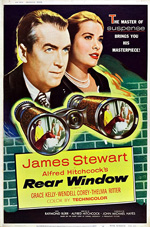 Rear Window (1954)
Rear Window (1954)
A photographer in a wheelchair spies on his neighbors from his Greenwich Village courtyard apartment window, and becomes convinced one of them has committed murder, despite the skepticism of his fashion-model girlfriend.
Considered by many filmgoers, critics, and scholars to be one of the greatest films ever made, Rear Window received four Academy Award nominations as well as a DGA Award nomination for Hitchcock. In 1997, it was added to the Library of Congress' National Film Registry as being "culturally, historically, or aesthetically significant.
IMDB.COM link: Rear Window
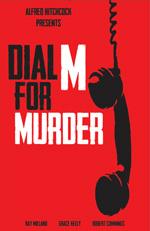 Dial M for Murder (1954)
Dial M for Murder (1954)
When he discovers his wealthy wife Margot is having an affair, ex-tennis pro Tony Wendice blackmails an old acquaintance into murdering her so that he can get his hands on her inheritance. But after the carefully-orchestrated set-up goes awry and Margot stays alive, Wendice must frantically scheme to outwit the police and avoid having his plot detected.
Dial M for Murder was shot using Warner Bros.' proprietary 3-D camera rig, the so-called All-Media Camera. But after bad box office and audience complaints, permission was given to throw away the 3-D glasses and hastily switch to the 2-D version. The film marked the end of the brief flirtation with 3-D films of the early 1950s. Hitchcock said of 3-D, "It's a nine-day wonder, and I came in on the ninth day."
IMDB.COM link: Dial M for Murder
